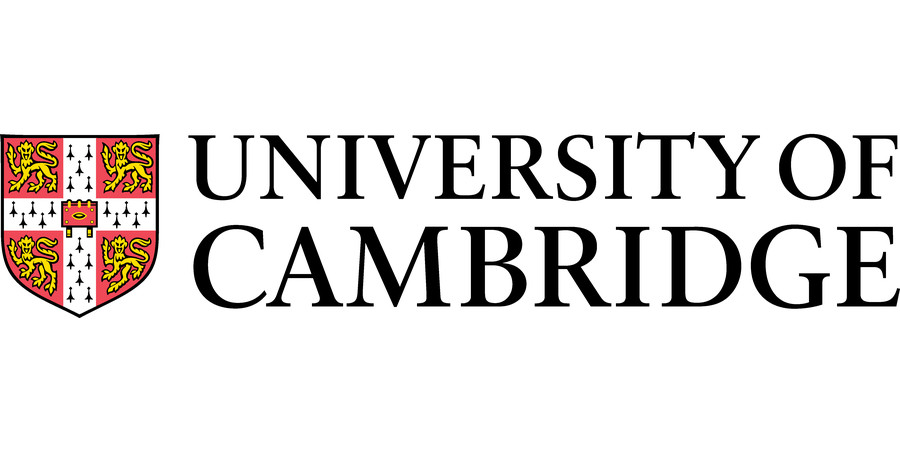CRUK CI PhD Studentship: Understanding the role of transcription factors and associated proteins in neuroendocrine prostate cancer
University of Cambridge - Cancer Research UK Cambridge Institute
| Qualification Type: | PhD |
|---|---|
| Location: | Cambridge |
| Funding for: | UK Students, EU Students, International Students |
| Funding amount: | See advert for details |
| Hours: | Full Time |
| Placed On: | 15th September 2025 |
|---|---|
| Closes: | 24th October 2025 |
| Reference: | SW47278 |
Supervisor: Professor Jason Carroll
Course start date: 1st October 2026
Project details
For further information about the research group, including their most recent publications, please visit their website at https://www.carroll-lab.org.uk/
Prostate cancer is the most common cancer in men in the UK and every year thousands of men die from this disease. Prostate cancer was thought to be one type of cancer, namely adenocarcinoma, which was driven by a transcriptional pathway that involves Androgen Receptor (AR) and a pioneer factor called FOXA1 that helps tether AR to the chromatin. Recent new treatments that target AR have forced cancer cells to evade treatment and a newly characterised, but frequent escape mechanism is for cancer cells to lose dependence on AR and to take on features of a neuroendocrine cancer, which is termed Neuroendocrine prostate cancer (NEPC). It is not entirely clear what replaces AR as the driver, but recent evidence has suggested that neuronal transcription factors such as Ascl1 are important. We have undertaken a comprehensive discovery experiment to identify all the proteins that can physically interact with Ascl1, using a method we developed called RIME (Rapid Immunoprecipitation Mass spectrometry of Endogenous complexes). We have identified about 50 proteins that can associate with Ascl1 or other NEPC transcription factors, some of which are enzymes that could in theory be drugged. The project will take the existing datasets we have established, to identify specific proteins (from our short-list of candidates) and to conduct detailed functional characterisation of these factors. The work will involve genomic, proteomic and molecular approaches to decipher how these proteins contribute to NEPC and to explore if they can be therapeutically blocked. We aim to understand how cancer cells can transition from adenocarcinoma to NEPC and to explore whether cells can be pushed back to an adenocarcinoma state.
References/further reading
The neuroendocrine transition in prostate cancer is dynamic and dependent on ASCL1. Nat Cancer. 2024 Nov;5(11):1641-1659 https://pubmed.ncbi.nlm.nih.gov/39394434/
ASCL1 activates neuronal stem cell-like lineage programming through remodeling of the chromatin landscape in prostate cancer. Nat Commun. 2022 Apr 27;13(1):2282 https://pubmed.ncbi.nlm.nih.gov/35477723/
Reprogramming of the FOXA1 cistrome in treatment-emergent neuroendocrine prostate cancer. Nat Commun. 2021 Mar 30;12(1):1979 https://pubmed.ncbi.nlm.nih.gov/33785741/
A quantitative mass spectrometry-based approach to monitor the dynamics of endogenous chromatin-associated protein complexes. Nat Commun. 2018 Jun 13;9(1):2311. https://pubmed.ncbi.nlm.nih.gov/29899353/
Funding
This four-year studentship is funded by Cancer Research UK Cambridge Institute and includes full funding for University fees and an index-linked stipend starting at £22,500 for four years.
Eligibility
We welcome applications from both UK and overseas students.
Applications are invited from recent graduates or final-year undergraduates who hold or expect to gain a First/Upper Second Class degree (or equivalent) in a relevant subject from any recognised university worldwide.
How to apply
Please apply via the University Applicant Portal. For further information about the course and to access the Applicant Portal, click the 'Apply' button above.
You should select to commence study in October 2026.
Deadline
The closing date for applications is 24th October 2025 with interviews expected to take place in the week beginning 5th January 2026.
Please quote reference SW47278 on your application and in any correspondence about this vacancy.
The University actively supports equality, diversity and inclusion and encourages applications from all sections of society.
The University has a responsibility to ensure that all employees are eligible to live and work in the UK.
Advert information
Type / Role:
Subject Area(s):
Location(s):









